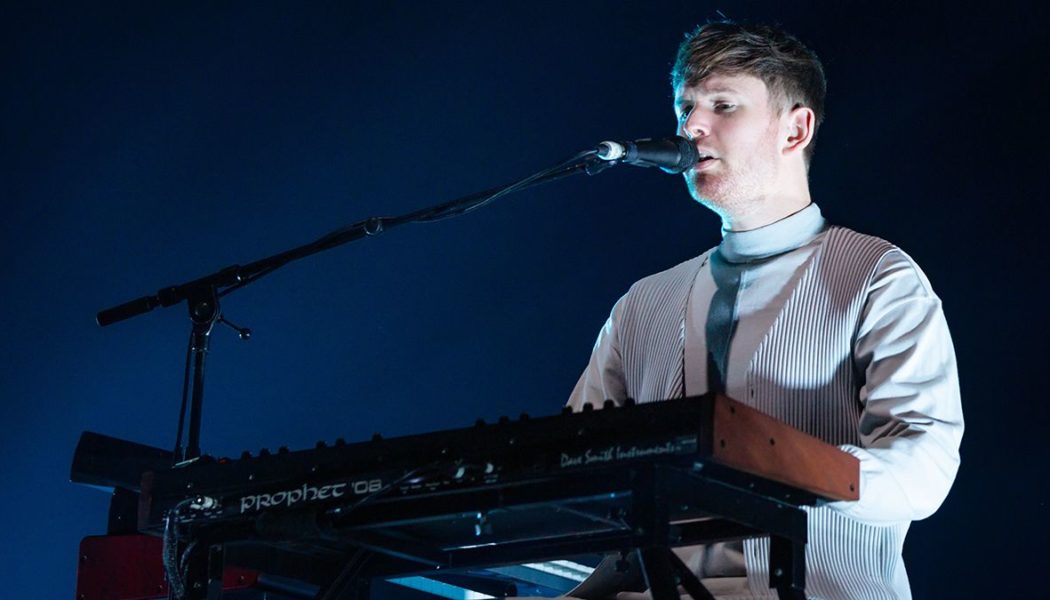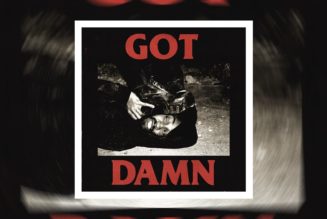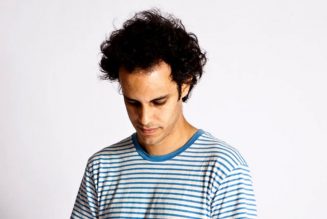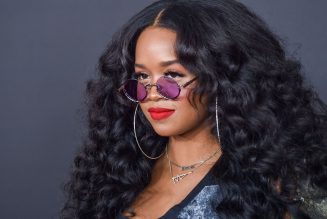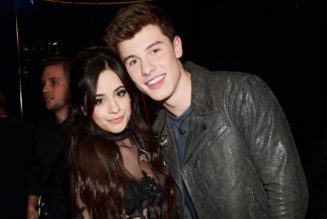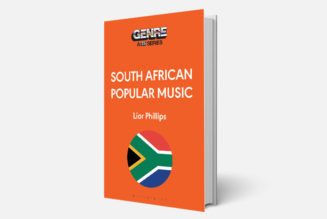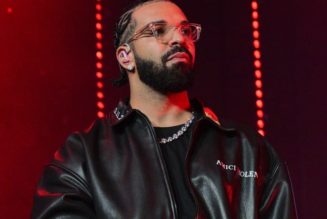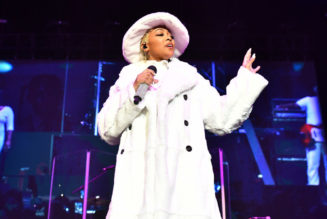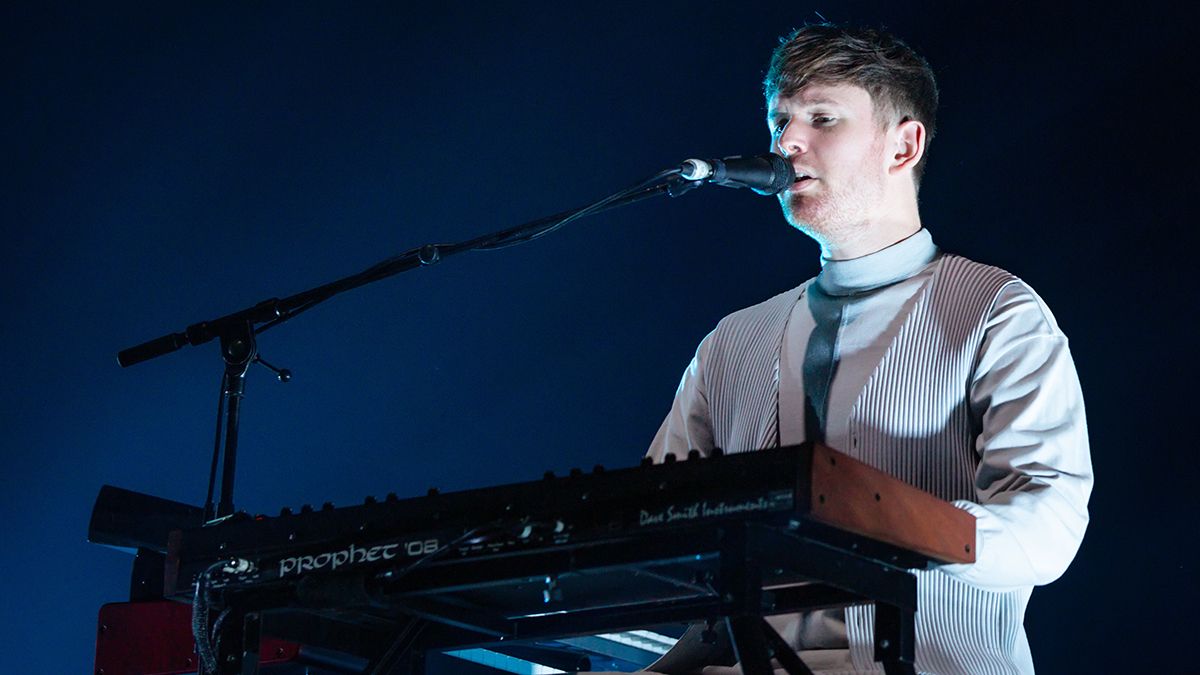
It’s no secret that the music industry’s economic model is making it harder for all but the most successful artists to earn a living from their music. As this inequality has deepened in recent years, an increasing number of musicians and producers have spoken out on the issue.
The latest to offer their views is Grammy-winning British artist James Blake, who delivered a searing assessment of how the industry’s economic model has been transformed by the rise of streaming services and TikTok over the weekend.
In a statement shared via Instagram, Blake responded to a post from Off Record Sounds that describes how hip-hop artist French Montana uploaded six different versions of each song from his mixtape Mac & Cheese 5 to streaming services, totalling 126 tracks. Including sped-up, slowed-down, instrumental and a capella versions, the tracklist was maximized in an apparent effort to boost overall streaming numbers.
Blake says the “multiple versions thing isn’t great”, but pointed to a broader problem with the “effect of TikTok/Reels on the core songwriting and arranging of music”, identifying a growing “attention deficit” in listeners. Blake also describes how fans discovering songs through TikTok will often only recognize the segment of a track that’s featured in viral posts; they won’t react to the rest of a song during a live performance because they don’t know it.
The statement continued, with Blake declaring that he will continue using social media only to connect with his fans. “Music is my life’s purpose”, he says, “and I will not have mine destroyed by a bunch of labels and tech companies who don’t even pay us and exploit us relentlessly.”
Blake describes how after his cover of Frank Ocean’s Godspeed went viral, neither he or Ocean “made a cent” from the song’s popularity, as it was tagged as an original sound in every TikTok that featured it. “Next time your fave goes viral remember they aren’t making shit off that,” he continues.
“The industry is beyond fucked and musicians are getting fucked harder than anyone. I’m extremely lucky I got in before streaming took over and before all these shady deals were made behind our backs”.
“If we want quality music somebody is gonna have to pay for it”
Blake doubled down on his comments over the weekend in a series of posts on Twitter/X. “The brainwashing worked and now people think music is free,” he says. “If we want quality music somebody is gonna have to pay for it. Streaming services don’t pay properly, labels want a bigger cut than ever and just sit and wait for you to go viral, TikTok doesn’t pay properly, and touring is getting prohibitively expensive for most artists.”
Blake then observed that “it’s cheaper to produce fast, synthetic music to drop on streaming every week to capitalize on the strengths of the model”, suggesting that labels and streaming services are opening the door to a future where we’re served up “AI-generated music that pays musicians nothing at all”.
Revisit our 2023 feature on the music industry’s broken economics.
